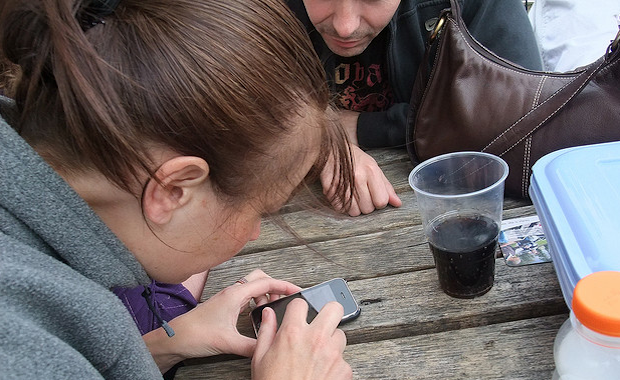Video Game Designer School Ma

Five games have sprung from TinyCo's app foundry over the last year, accounting for 20 million downloads. Each of them has hit the Top 10 Free Games chart on the iTunes App Store–a key measure of success. Andreessen Horowitz is a billion-dollar venture capital firm which has piled money into Digg and Twitter, among others. It seems these two are a match made in heaven, at least for other fledgling mobile games writers who need capital from the newly established $5 million TinyFund.
TinyCo is behind titles like TinyZoo, which you've probably seen bobbing around on various iTunes App Store lists. It closed an $18 million funding round led by AH just recently, aimed at giving the small company a boost so it can consolidate its efforts to build yet more successful games–which is, of course, how AH expects to earn a profit on its cash injection. This is pretty standard gaming fare, and with any luck TinyCo's next titles will benefit from it being something of a "known" games label in the still very young mobile gaming market, and can leverage its cash to promote them more aggressively than less successful competitors can.
But here's where the story takes a quirky turn. Though TinyCo's titles have indeed been a success, it's a fluid and dynamic world out there because the smartphone gaming market (and now tablet gaming too) is still growing rapidly, meaning successful new games from rival firms could just tap into some zeitgeist, go viral and rapidly rise. TinyFund, then, is an effort to mitigate against this phenomenon to some extent.
It's a modest $5 million cash pile which will be meted out in up to $500,000 lumps to game developers who create "any type of game played on iPhone, iPad, or Android including paid and free titles." Developers can submit proposals at any stage of development from concepts to completed code to see if they can attract TinyFund's support–including cash, marketing, development, "business assistance as needed" and access to TinyCo's user base (presumably via in-app ads and so on). The idea, according to CEO Suli Ali is to promote some of the "outstanding" titles that'll never otherwise be played by the general public through "lack of funds or industry experience." Ali notes his firm has been able to accumulate both facilities, and thinks it can help other developers.
Presumably this will be done for a slice of any ensuing profit pie, of course. It's almost like an insurance policy for TinyCo, and a sign that even in a young market where there's plenty of cash to be made, some fleet-footed diversification in a business model is not a bad idea.
[Image: Flickr user leehaywood]
Chat about this news with Kit Eaton on Twitter and Fast Company too.
Video Game Designer School Ma
Source: https://www.fastcompany.com/1755218/andreessen-horowitz-tinyco-unite-5-million-fund-gaming-app-mastery
Posted by: wilcherinizing.blogspot.com

0 Response to "Video Game Designer School Ma"
Post a Comment